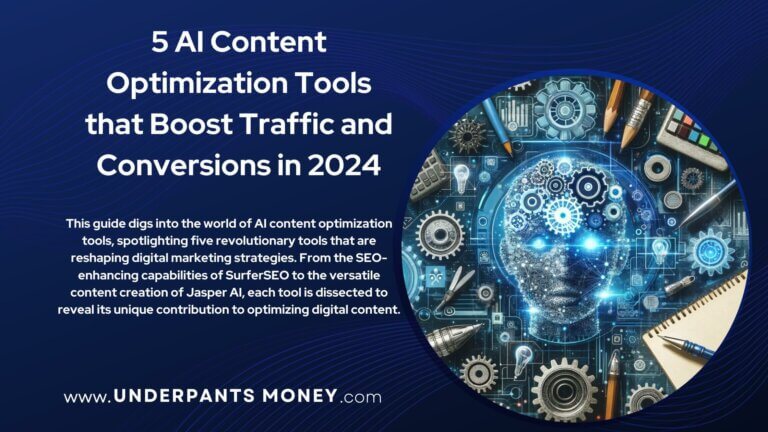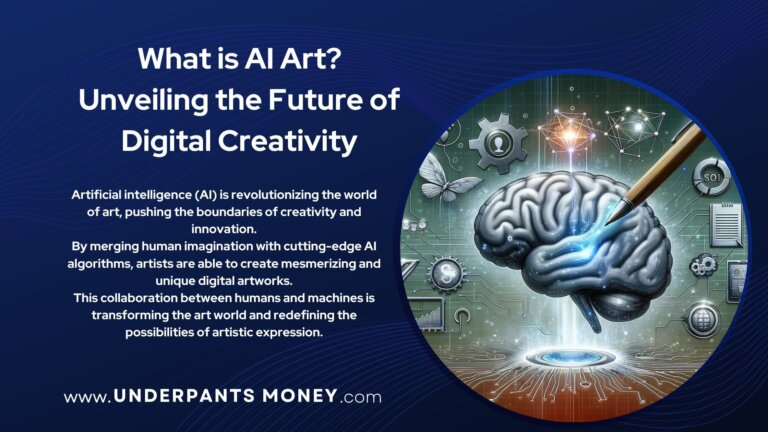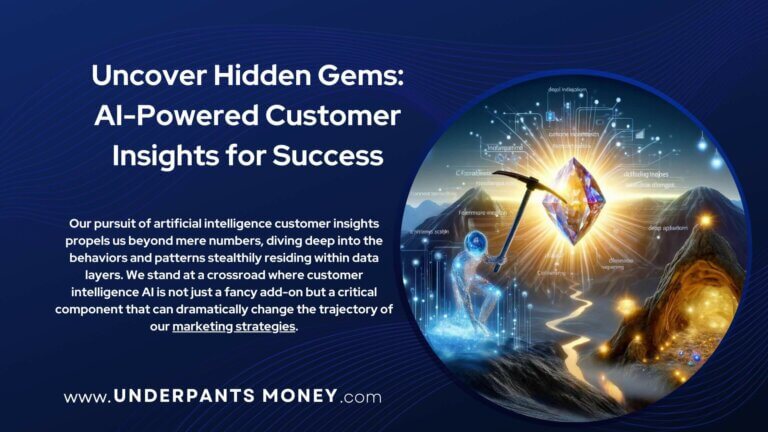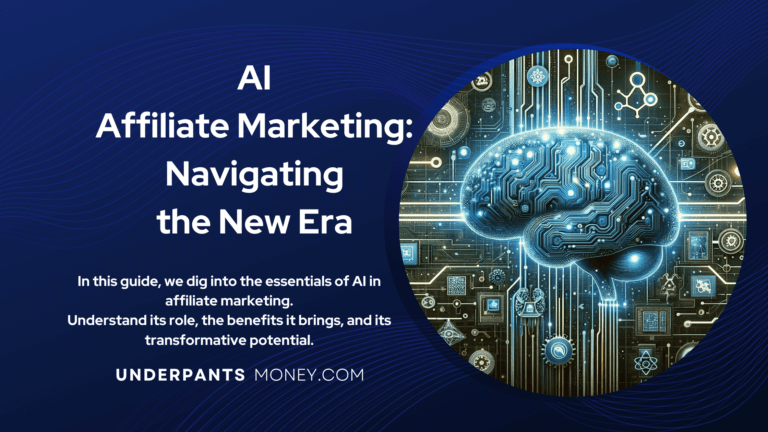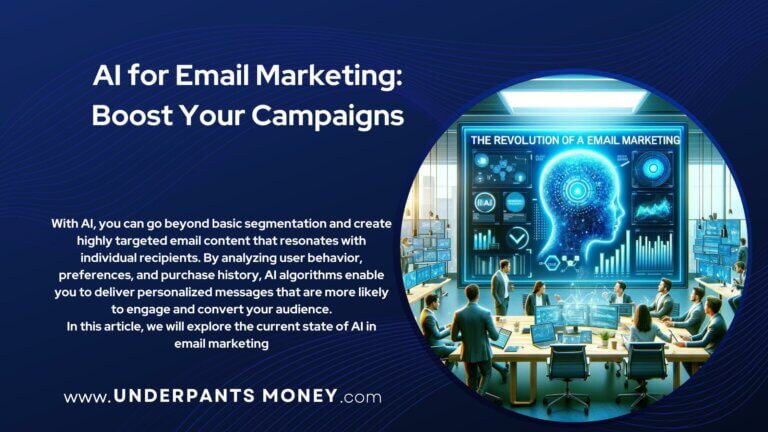AI for Project Management: Boost Efficiency
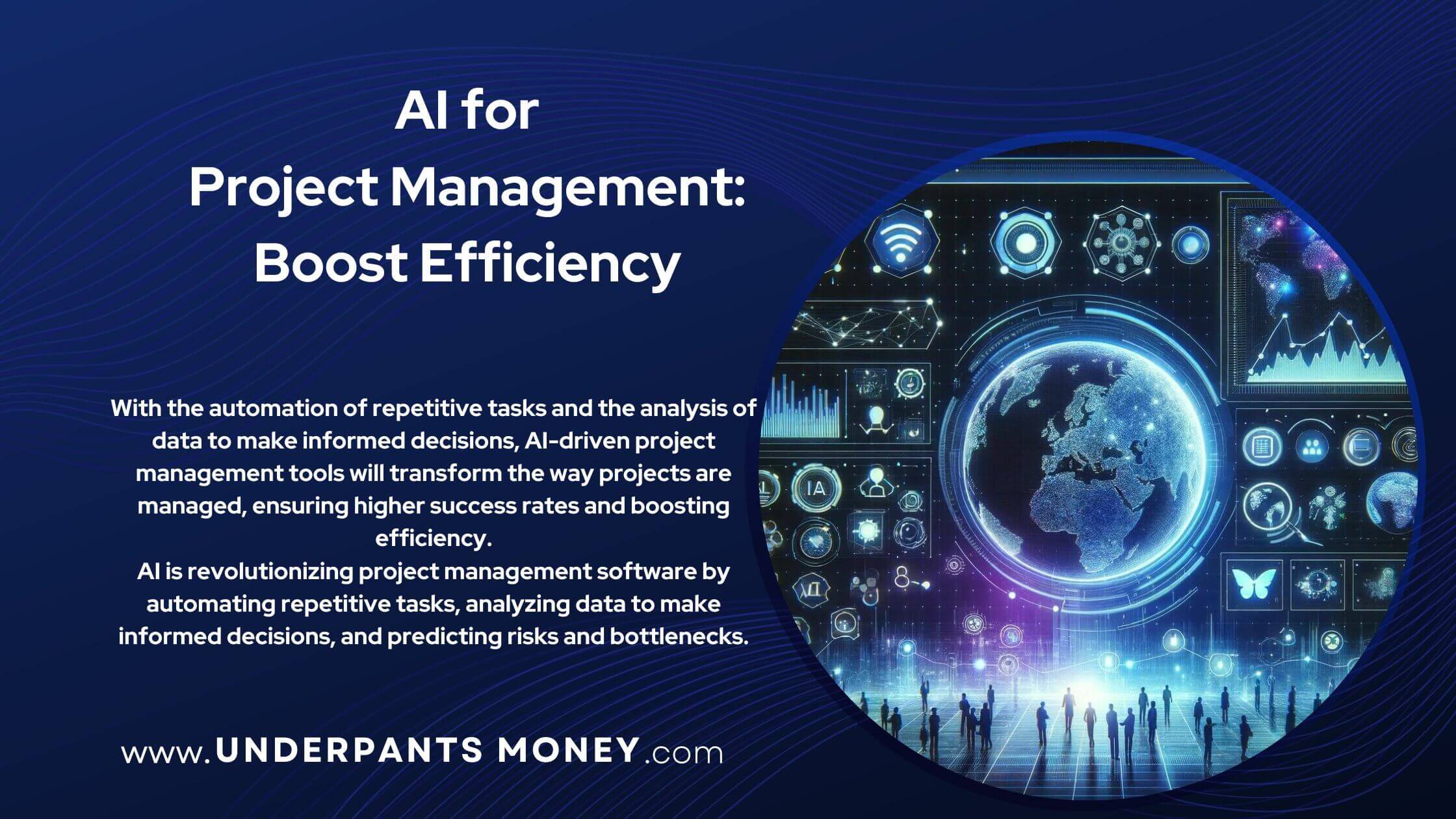
Did you know that only 35% of projects today are completed successfully due to the low level of technology available for project management? According to a report by Antonio Nieto-Rodriguez and Ricardo Viana Vargas, this statistic highlights the pressing need for advancements in project management software. However, there is hope on the horizon as artificial intelligence (AI), machine learning, and other advanced technologies are being integrated into project management practices.
By leveraging AI in project management, the field is expected to undergo major shifts by 2030. These advancements will improve project selection and prioritization, monitor progress, speed up reporting, and facilitate testing. With the automation of repetitive tasks and the analysis of data to make informed decisions, AI-driven project management tools will transform the way projects are managed, ensuring higher success rates and boosting efficiency.
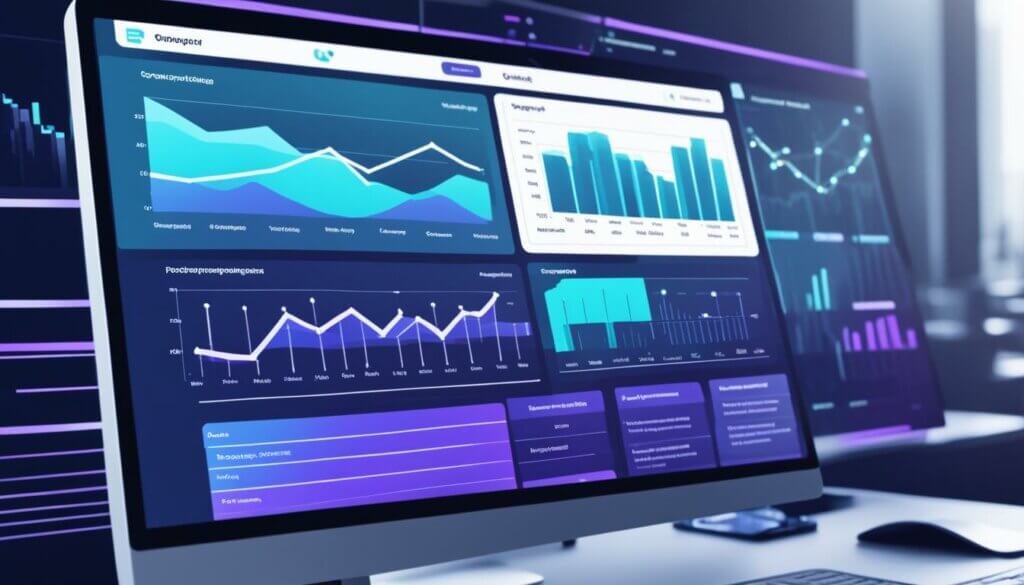
Key Takeaways:
- Only 35% of projects today are completed successfully due to the low level of technology available for project management.
- AI, machine learning, and other advanced technologies are being integrated into project management to improve efficiency.
- By 2030, project management is expected to undergo major shifts, with AI improving project selection, monitoring, reporting, and testing.
- AI-driven project management tools automate tasks, make informed decisions, and predict risks and bottlenecks.
- AI enhances project visibility, improves risk management, and optimizes resource allocation.
AI Integration in Project Management Software
AI is revolutionizing project management software by automating repetitive tasks, analyzing data to make informed decisions, and predicting risks and bottlenecks. The global market for AI in project management is projected to reach USD 5.7 billion by 2028, with a significant CAGR of 17.3%. AI-driven project management tools enhance project visibility and enable proactive addressing of challenges to ensure successful project completion.
Some use cases of AI in project management include:
- Task automation and scheduling
- Enhanced decision-making
- Predictive analytics for risk management
- Resource allocation optimization
- Productivity and efficiency enhancement
- Cost estimation and budget management
- Time tracking and performance monitoring
- Stakeholder sentiment analysis
- Document management and knowledge retrieval
- Error reduction and quality improvement
- Project forecasting
As AI continues to evolve, its integration within project management software provides immense benefits. By leveraging AI project management solutions, organizations can improve decision-making, optimize resource allocation, and enhance overall productivity and efficiency. The integration of AI in project management software empowers project managers to streamline workflows, reduce errors, and deliver successful projects.
| Benefits of AI in Project Management |
|---|
| Automated task management |
| Enhanced decision-making capabilities |
| Error reduction and quality improvement |
| Predictive risk analysis |
| Efficient resource allocation |
The seamless integration of AI in project management software enables organizations to harness the power of artificial intelligence to deliver successful projects. By leveraging AI-driven project management tools, project managers can optimize processes, improve project outcomes, and drive business growth.
Benefits of AI in Project Management
AI offers several benefits in project management. By automating tasks, project managers can free up time to focus on collaboration and complex decision-making. AI-powered tools improve accuracy and forecasting, enabling better risk management and resource allocation.
With AI, project managers can leverage predictive analytics to anticipate potential challenges and proactively address them. Real-time monitoring provided by AI-driven project management tools allows for quicker identification of issues, facilitating timely problem-solving.
Additionally, AI enhances project cost estimation and budgeting, helping project managers make more informed decisions and avoid cost overruns. By analyzing historical data and patterns, AI systems can provide accurate cost forecasts and optimize budget allocation.

Furthermore, AI-powered project management tools promote efficiency and productivity by streamlining workflows and automating repetitive tasks. This allows teams to focus on high-value activities and creative problem-solving, leading to improved project outcomes.
In summary, AI-driven project management tools revolutionize traditional approaches by enhancing decision-making, improving resource allocation, and optimizing project efficiency. With the ability to automate tasks, make accurate predictions, and provide real-time insights, AI empowers project managers to achieve better results and successfully navigate the complexities of modern project management.
AI Models and Techniques in Project Management
In the field of project management, AI technology is being harnessed to enhance efficiency and effectiveness. One of the key AI models used in project management is machine learning, which involves the analysis of data to make accurate predictions. By leveraging machine learning, project managers can gain valuable insights and improve decision-making processes.
Another AI technique employed in project management is natural language processing. This technology enables the extraction and analysis of valuable information from documents, helping project managers effectively manage their documentation and ensure project requirements are met. Additionally, sentiment analysis can be used to gauge stakeholder sentiment and identify potential issues early on, allowing for proactive measures to be taken.
Furthermore, generative AI platforms such as LeewayHertz’s offer automated task management and content generation capabilities. These platforms assist project managers in automating routine tasks, freeing up valuable time for more critical project activities. Additionally, generative AI technology aids in generating high-quality content, enabling project teams to produce professional documentation and reports efficiently.
Exciting Opportunities for Improved Project Planning and Execution
The incorporation of AI models and techniques in project management opens up a wealth of possibilities for improved project planning and execution. As AI technology continues to evolve, project managers can leverage these advancements to streamline processes, increase efficiency, and drive project success.
AI Models and Techniques in Project Management
| AI Models and Techniques | Applications |
|---|---|
| Machine Learning | – Data analysis and prediction – Risk assessment and mitigation – Resource optimization |
| Natural Language Processing | – Document management – Requirement extraction and analysis – Stakeholder communication |
| Sentiment Analysis | – Stakeholder sentiment monitoring – Issue identification and resolution |
| Generative AI | – Task automation – Content generation – Report creation |

Real-world Examples of AI in Project Management
Companies across various industries are harnessing the power of AI in project management, leveraging AI project management solutions to drive success. Let’s explore some real-world examples of companies using AI to optimize their project management processes.
Construction Industry:
Construction companies are utilizing AI-powered platforms to optimize resource allocation and improve cost estimation for their projects. By analyzing historical data and construction blueprints, AI algorithms can accurately predict resource requirements, leading to more efficient project planning and execution. With AI, construction companies can enhance their project management strategies and deliver projects on time and within budget.
IT Sector:
In the IT industry, AI is being utilized to automate repetitive tasks and streamline project workflows. AI-powered project management software enables IT companies to improve productivity by automating task allocation, scheduling, and tracking. This ensures that project teams can focus on core tasks and deliver projects in a timely manner, maximizing efficiency and customer satisfaction.
Consulting Firms:
Consulting firms are leveraging AI-driven analytics to make data-driven decisions and enhance project outcomes. By analyzing large volumes of data, AI algorithms can provide valuable insights for identifying project risks, optimizing resource allocation, and improving overall project performance. With AI, consulting firms can make informed decisions, drive project success, and provide exceptional value to their clients.
These examples demonstrate the diverse applications of AI in project management and how it can drive positive results across various industries. By embracing AI project management solutions, companies can leverage advanced technologies to optimize their project management processes, improve efficiency, and achieve better project outcomes.

Conclusion
In conclusion, AI is revolutionizing project management software, bringing about transformative benefits for project managers. By integrating AI into project management tools, we can automate repetitive tasks, improve decision-making, optimize resource allocation, and enhance overall project efficiency. The global market for AI in project management is expected to experience significant growth, underscoring the increasing demand for AI-driven solutions in this field.
As AI technology continues to evolve, the potential for improved project planning and execution becomes limitless. Embracing AI in project management is essential for staying ahead in the rapidly evolving digital landscape. With AI-powered project management software, we can tackle complex projects with greater ease, freeing up time for collaboration and strategic decision-making. AI enables us to make more accurate forecasts and better manage risks, resulting in successful project outcomes.
The benefits of AI in project management are undeniable. By leveraging AI for project management software, we can streamline workflows, reduce administrative burdens, and improve overall project success rates. As we embrace AI-driven solutions, project managers can focus on their core competencies, such as coaching and stakeholder management, rather than getting bogged down by repetitive tasks. In a world where technology has become a vital aspect of project management, adopting AI is no longer an option but a necessity.
FAQ
What is AI for project management?
AI for project management refers to the integration of artificial intelligence technology into project management software and tools. It involves automating repetitive tasks, analyzing data to make informed decisions, and predicting risks and bottlenecks to enhance project visibility and ensure successful project completion.
How does AI integrate into project management software?
AI integrates into project management software by automating tasks, improving decision-making, optimizing resource allocation, and enhancing overall project efficiency. AI-powered tools enhance project visibility and enable proactive addressing of challenges, leading to improved project outcomes.
What are the benefits of AI in project management?
AI offers several benefits in project management, including time savings through task automation, improved accuracy and forecasting for better risk management and resource allocation, enhanced project cost estimation and budgeting, real-time monitoring for quicker issue identification, and overall improved efficiency and productivity.
What AI models and techniques are used in project management?
AI models and techniques used in project management include machine learning, which is used for data analysis and predictions, and natural language processing and sentiment analysis, which are used for document management and stakeholder sentiment analysis. Generative AI platforms also automate tasks and generate high-quality content.
Can you provide real-world examples of AI in project management?
Companies across various industries leverage AI in project management. Construction companies use AI-powered platforms to optimize resource allocation and improve cost estimation, IT companies employ AI for task automation and scheduling, and consulting firms utilize AI-driven analytics to make data-driven decisions and improve project outcomes.

